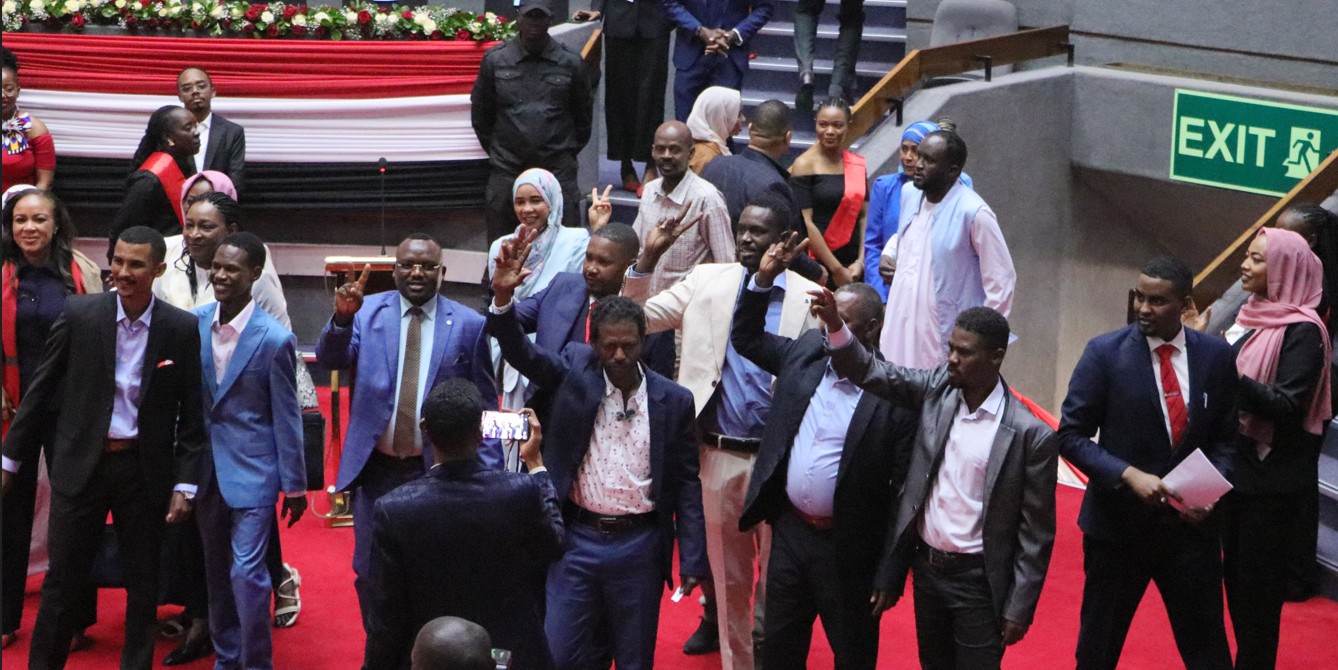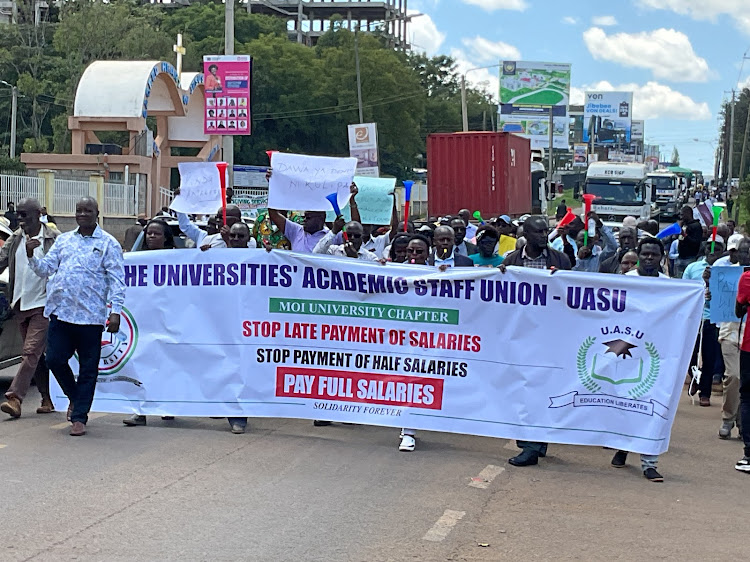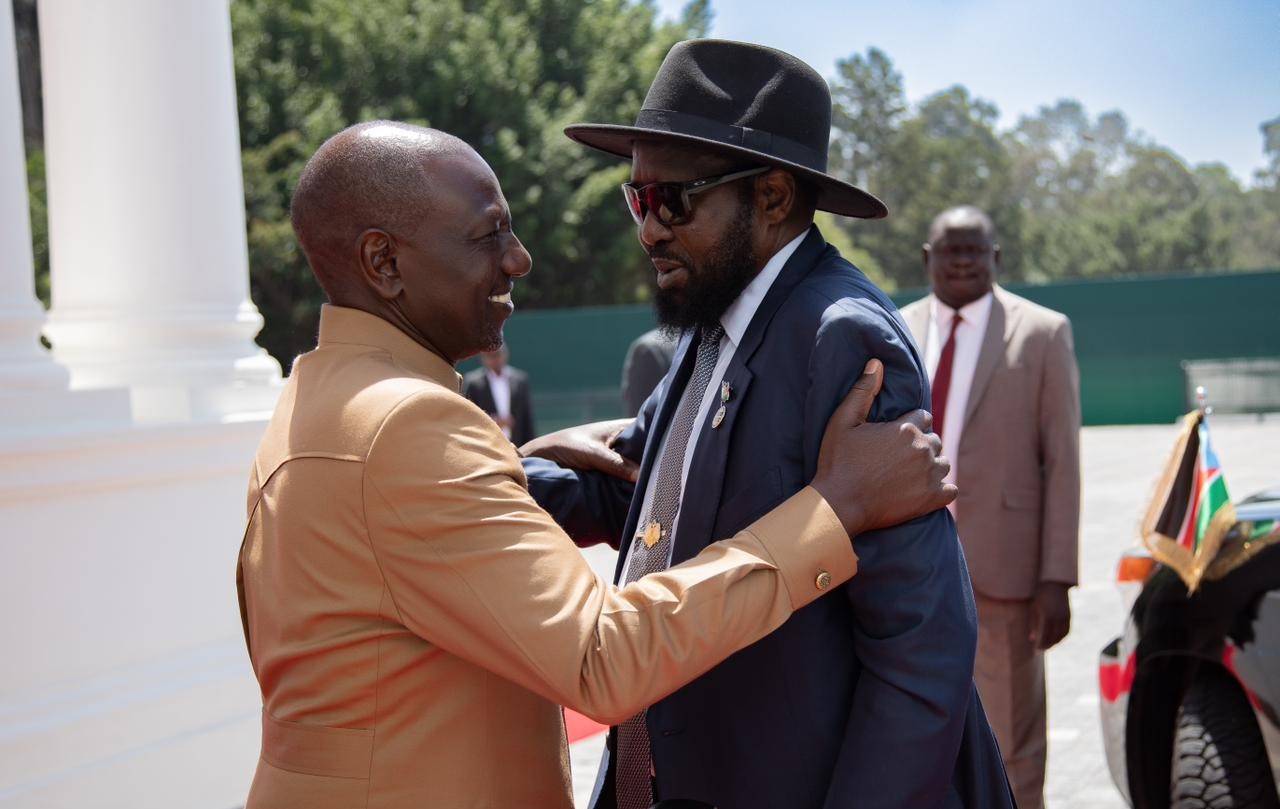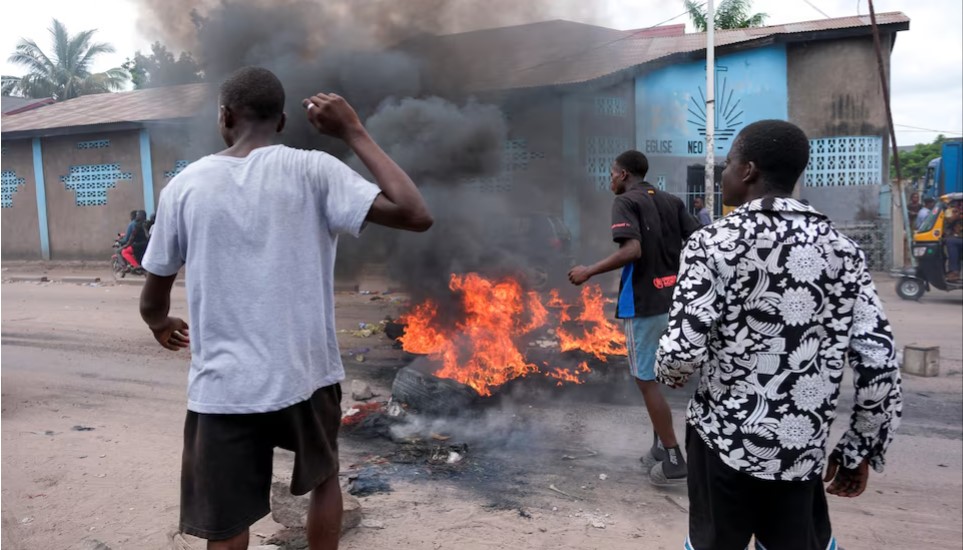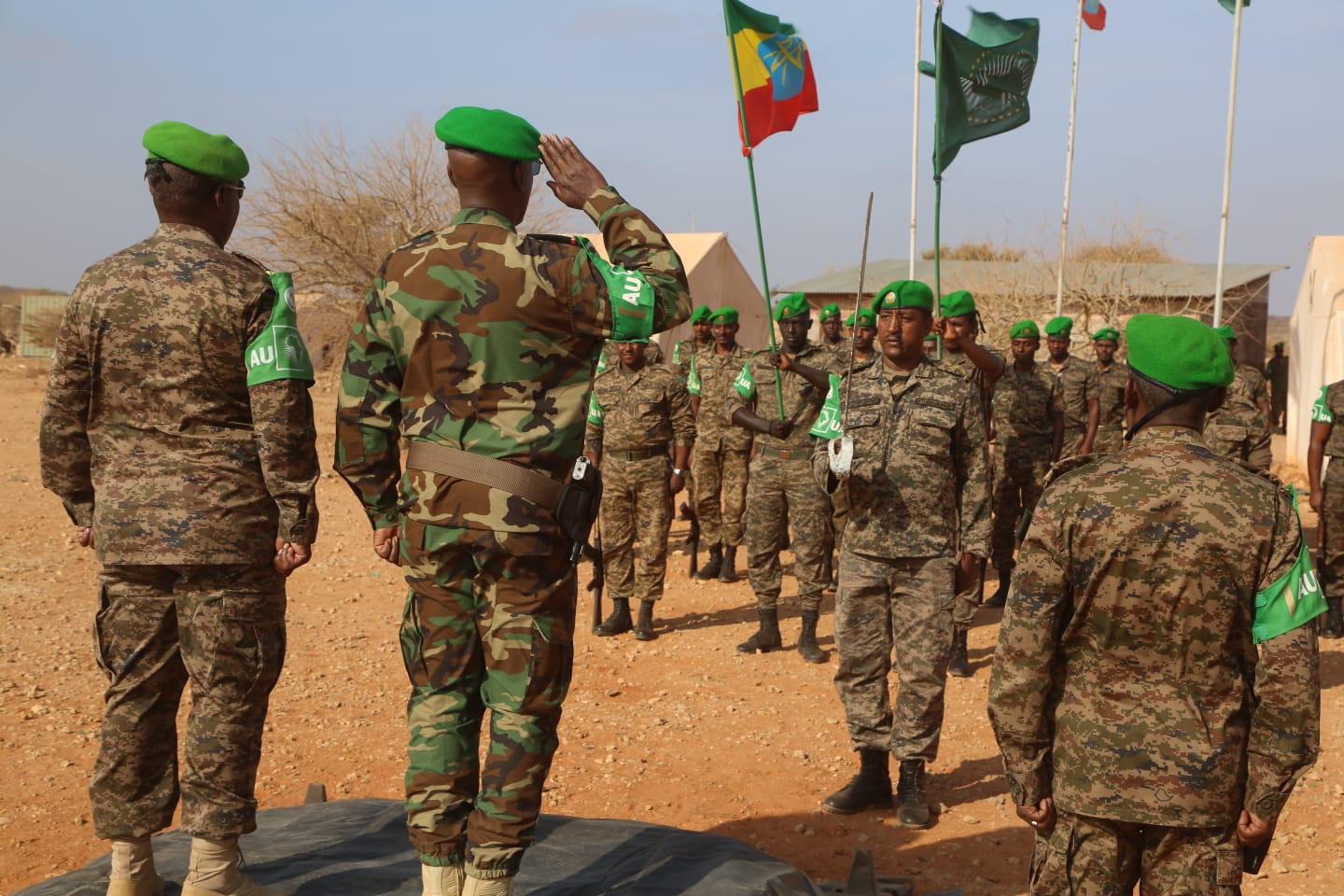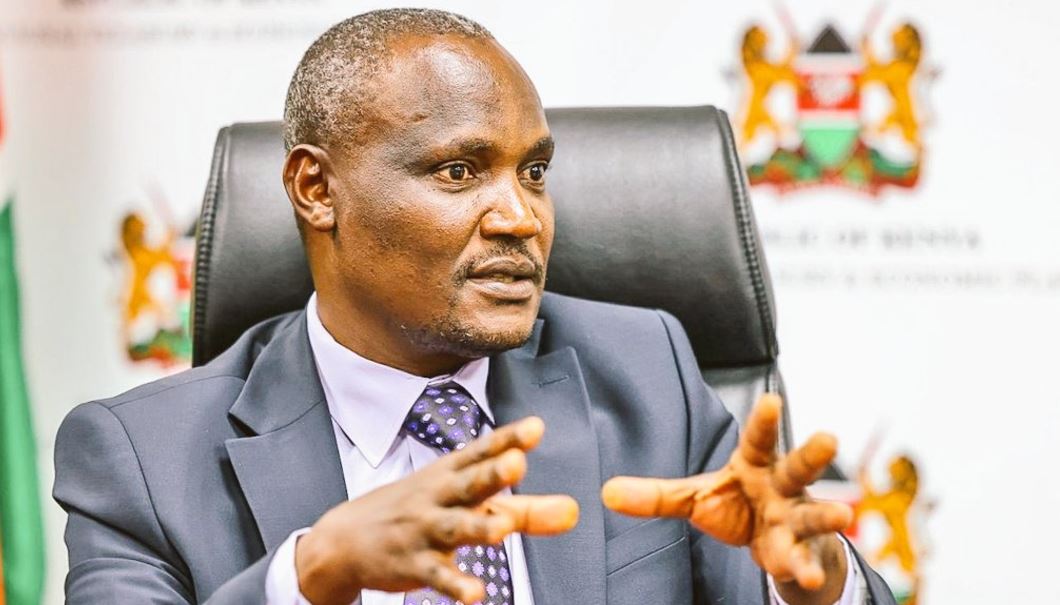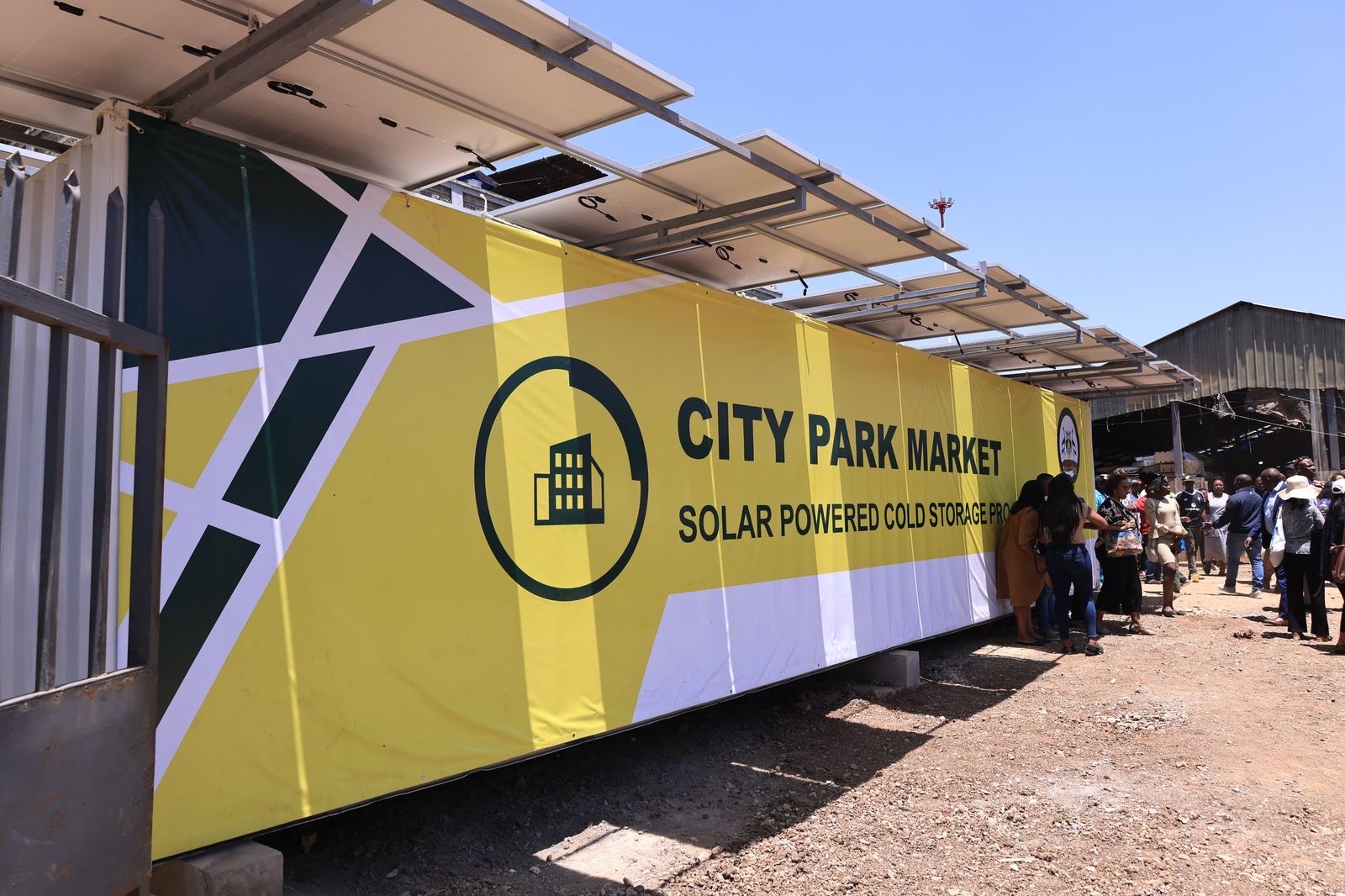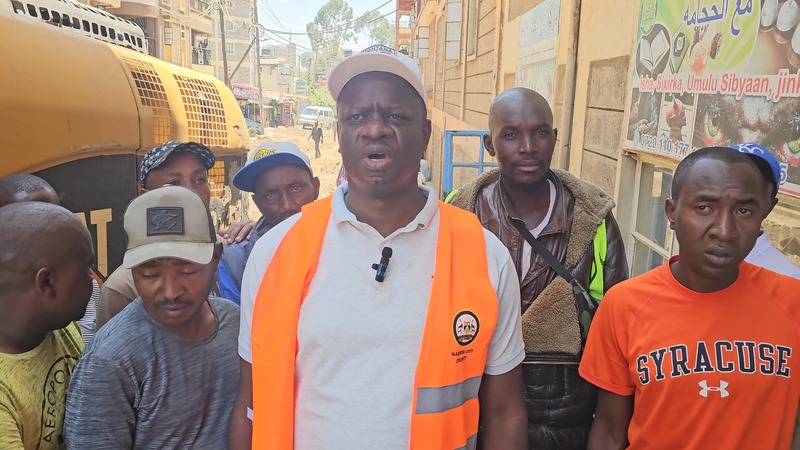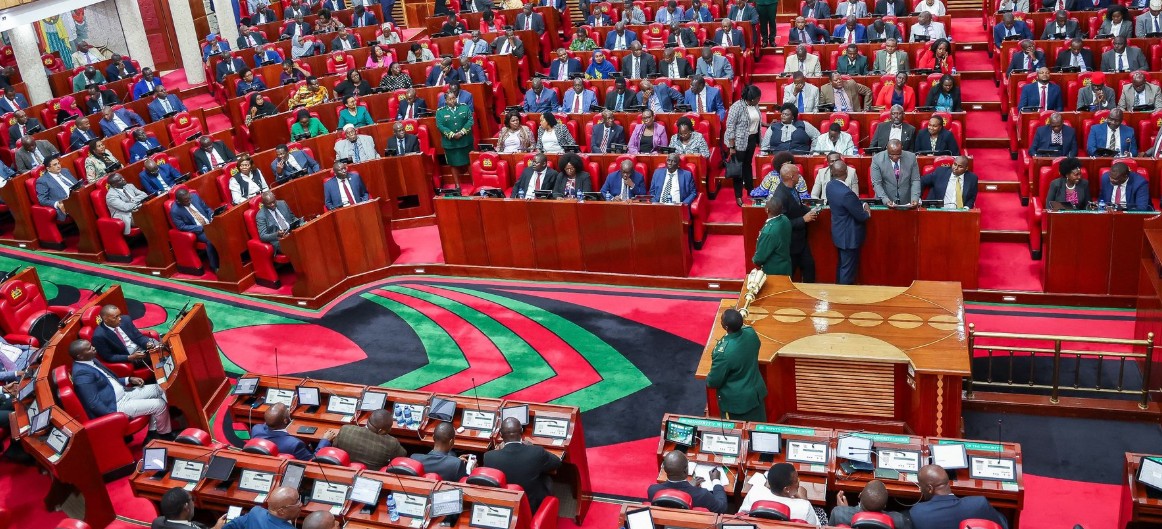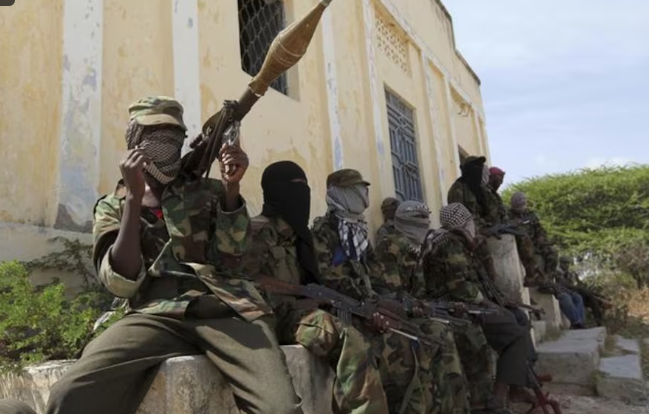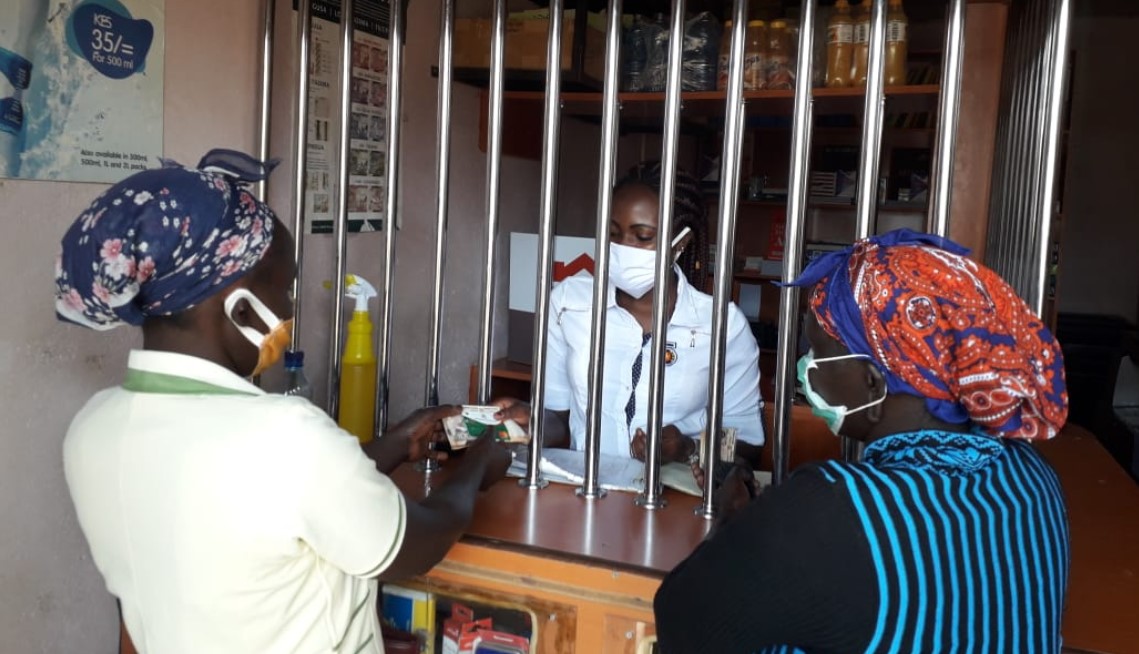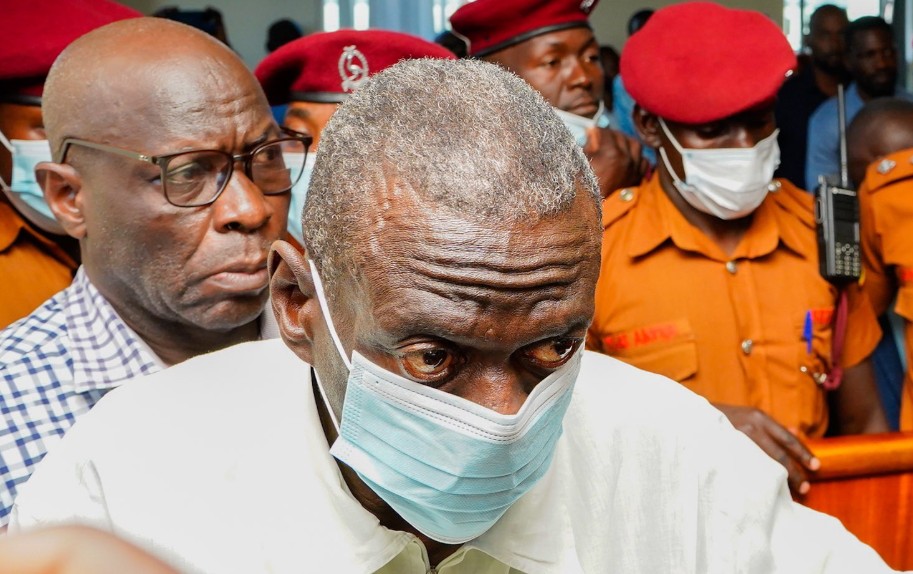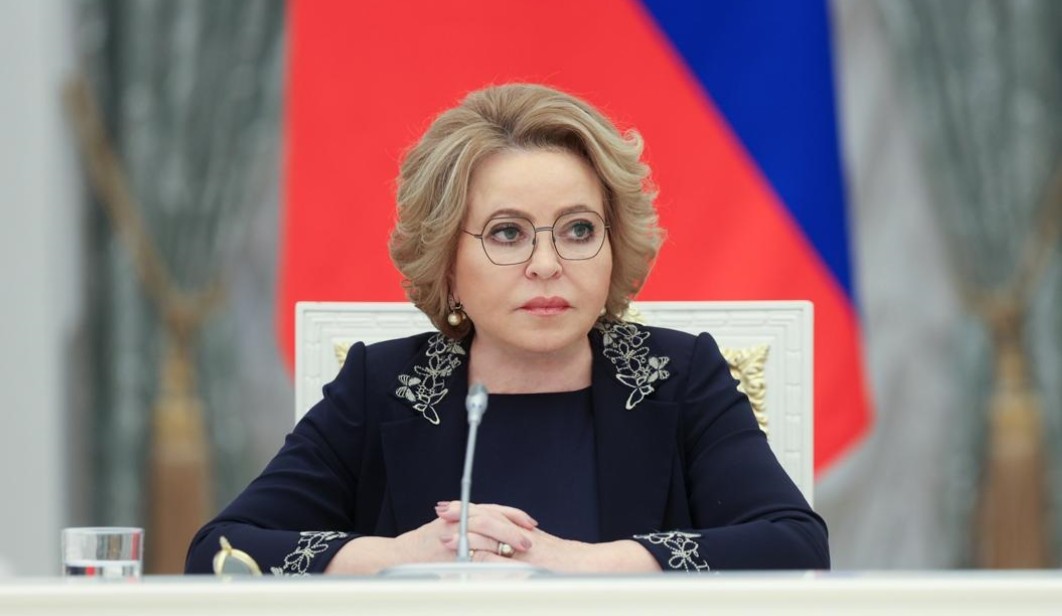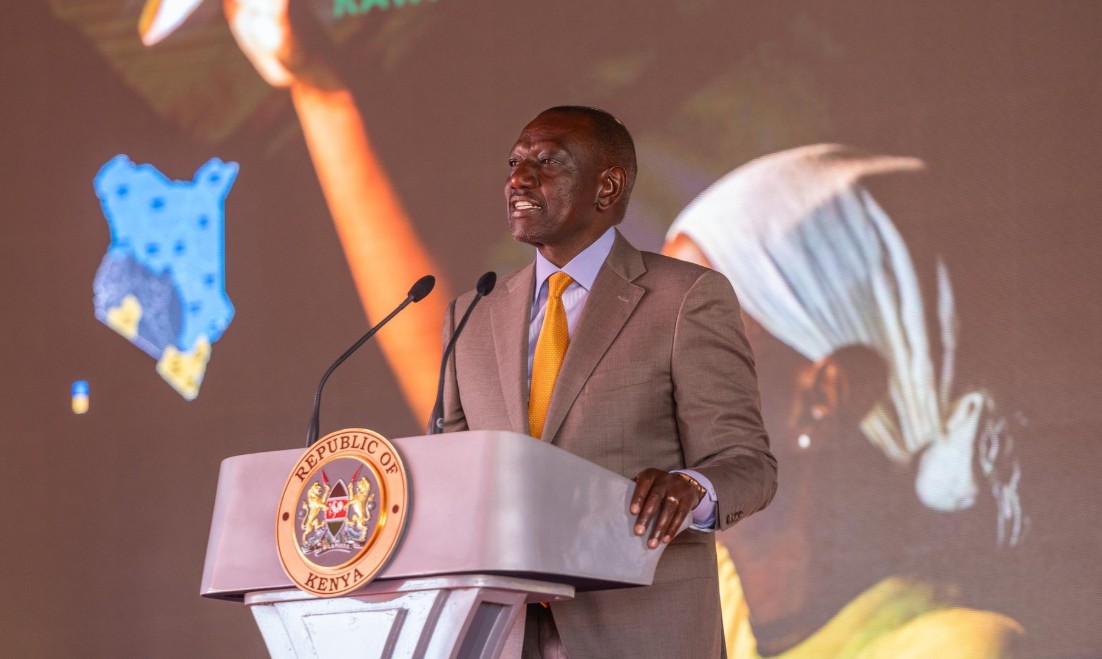Rwanda cuts development ties with Belgium over DRC conflict dispute
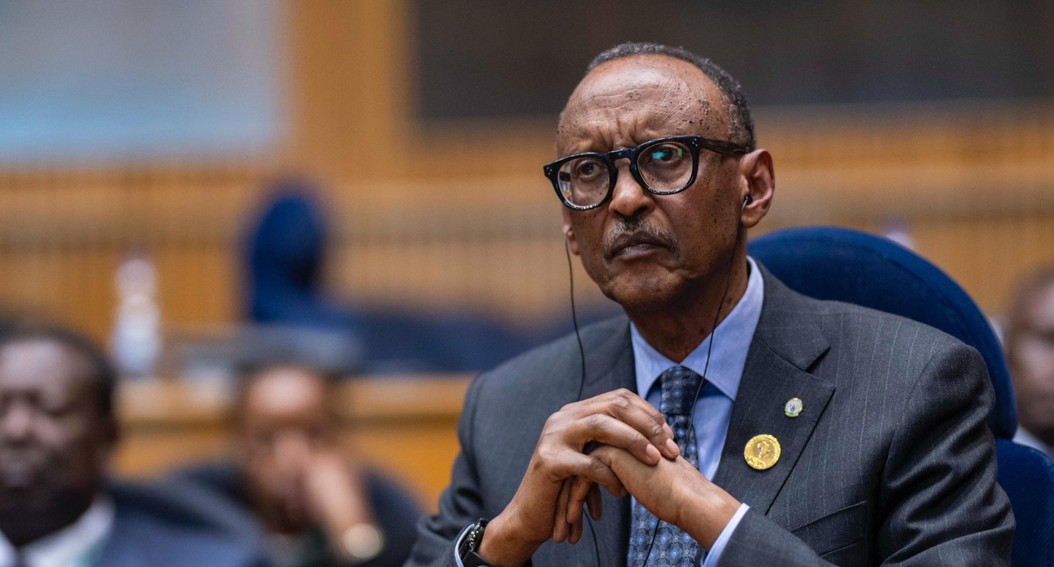
Belgium has been a key advocate for stricter measures against Rwanda in recent weeks, pushing for tougher EU sanctions. However, diplomatic sources indicate that its calls for action have gained limited support within the European bloc.
Rwanda has suspended its development cooperation with Belgium, accusing it of leading efforts to block Kigali’s access to international funding in response to the conflict in the eastern Democratic Republic of Congo (DRC).
The move comes as Rwanda criticises Belgium for taking sides in the crisis and using development aid as a political tool.
More To Read
In a statement on Tuesday, the Rwandan Ministry of Foreign Affairs and International Cooperation alleged that Belgium, in collaboration with the DRC, had been pushing for restrictions on its access to development finance, including in multilateral institutions. Kigali argued that leveraging development aid to exert political pressure was inappropriate and counterproductive to ongoing peace efforts in the region.
“Belgium has made a political decision to choose a side in this conflict, which is its right, but politicising development is plainly wrong,” the Ministry said.
“No country in the region should have its development finance jeopardized as a tool of leverage.”
Rwanda warned that such measures amounted to “unwarranted external interference” that could undermine the African Union-led mediation process, which is also backed by the East African Community (EAC) and the Southern African Development Community (SADC). It maintained that similar punitive actions had historically failed to resolve conflicts, instead prolonging instability.
“Punitive, one-sided measures can only be construed as unwarranted external interference that undermines the African-led mediation process, and thereby risks delaying the peaceful resolution of the conflict,” the Ministry said.
As a result, Rwanda declared that it was suspending the remainder of its 2024-2029 bilateral aid programme with Belgium, stating that there was “no longer a sound basis for development cooperation.”
The fallout between Rwanda and Belgium comes amid mounting European pressure on Kigali over its alleged involvement in the conflict in eastern DRC.
The European Parliament recently passed a resolution calling for the suspension of European aid to Rwanda, including a key minerals agreement between the EU and Kigali.
A majority of Members of the European Parliament (MEPs), 443 out of 720, voted in favour of urging the European Commission and the European Council to freeze the memorandum of understanding (MoU) on “sustainable value chains for raw materials” until Rwanda provides evidence that it has ceased interfering in the DRC.
The MoU had previously been condemned by the DRC government, which argued that it encouraged the looting of its vast mineral resources, allegedly by the M23 rebel group.
Rwanda has however consistently denied these allegations.
The non-binding resolution was introduced by a broad coalition of political groups, including the European People’s Party (EPP), the Progressive Alliance of Socialists and Democrats (S&D), the European Conservatives and Reformists (ECR), Renew Europe, the Greens/European Free Alliance (Greens/EFA), and The Left.
It also calls for freezing direct budgetary aid to Rwanda, halting military and security assistance to its armed forces, and imposing an arms embargo on both Rwandan forces and the M23 rebels.
Additionally, MEPs urged the EU to strengthen sanctions against senior M23 commanders, other armed groups, and high-ranking officials in both Rwanda and the DRC identified by the UN as complicit in “grave abuses.”
Among other measures, the European Parliament called for the cancellation of the Road World Championships, scheduled to be held in Kigali this year, if Rwanda does not alter its stance.
Belgium has been a key advocate for stricter measures against Rwanda in recent weeks, pushing for tougher EU sanctions. However, diplomatic sources indicate that its calls for action have gained limited support within the European bloc.
Last week, several Belgian MEPs backed the resolution against Rwanda, while the European Commission did not rule out proposing additional sanctions.
The matter is expected to be discussed at the EU Foreign Affairs Council meeting on February 24, 2025.
However, within the European Parliament, some have noted France’s reluctance to take a firm stance against Rwanda, indicating divisions among EU member states over how to respond to Kigali’s role in the DRC conflict.
In response to international pressure, Rwanda has maintained that it will not be “bullied or blackmailed into compromising national security.” Kigali insists its priority remains securing its borders and ensuring “an irreversible end to the politics of violent ethnic extremism” in the region.
The government also criticised what it described as repeated failures by the DRC government and the international community to dismantle the UN-sanctioned FDLR militia, which it claims has contributed to ongoing conflict in the region.
“Rwanda needs peace and a durable solution, and no one should continue to tolerate the cycles of conflict which continually recur because of the failure of the DRC Government and the international community, decade after decade, to fulfil their commitments,” the statement read.
Rwanda reiterated that development partnerships should be based on “mutual respect” and asserted that it has always ensured full accountability for the funding it receives.
“Maintaining mutual respect, and fully supporting the AU/EAC/SADC mediation, is essential during these difficult moments for our region,” the Ministry said.
Top Stories Today
